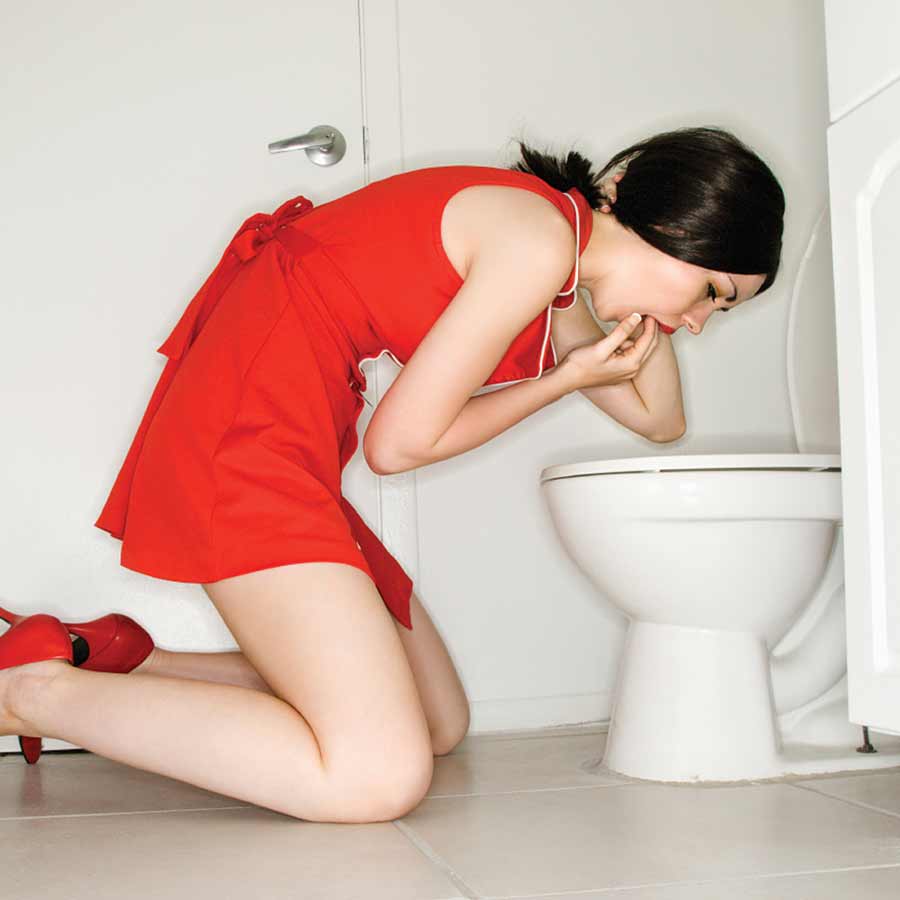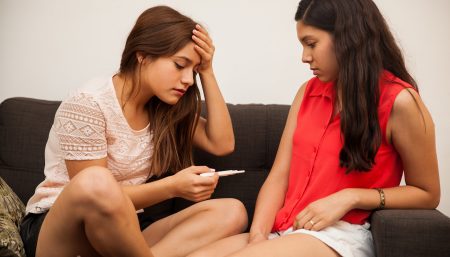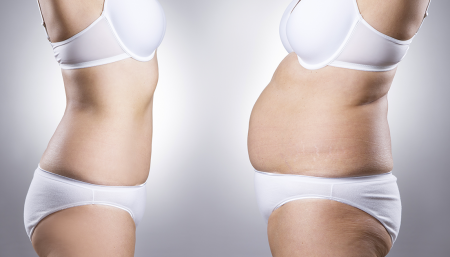PCOS affects five to 10 per cent women in the reproductive age (11-48 yrs. of age). Doctors also hold a perception that PCOS is a primary cause for rise in obesity among teenage girls.

Early Signs of PCOS
- Irregular Periods: It’s not uncommon for some teens with PCOS to have more than one period a month. Others could have a gap of more than 35-40 days between periods. In case of many teenagers, PCOS can also lead to heavy and prolonged periods or menorrhagia, causing heavy menstrual flow that lasts longer than 7 days.
- Excessive Menstrual Pain: A little bit of pain and cramping is normal during periods. But, pain that makes everyday activities like going to school or playing sports difficult could be a sign of PCOS.
- Cystic Acne: Acne is rather common during teenage because of natural hormonal changes related to puberty, but PCOS cystic acne is different. PCOS acne is a more severe form of general Acne.
- Unwanted Hair Growth: Excessive hair growth on the face and body.
- Thinning Hair
- Dark patches of skin, called acanthosis nigricans (all of which are clinical markers of hyperinsulinemia)
- Unexplained Weight Gain.
- Sleep Problem, feeling tired all the time. You could have trouble falling asleep or sleep apnea. This means that even when you do sleep, you do not feel well-rested after you wake up.
- Frequent Headaches. This is because of hormone changes with PCOS.
These symptoms can negatively impact the emotional health of adolescents at a time when self-image is developing.
In addition,
Mood disorders are common among adolescent girls with PCOS & stress. Such disorders typically stem from hormonal imbalances or struggles with body image.
Teenage girls with PCOS suffer from eating disorders as they attempt to manage their out-of-control weight gain, mood, and body image issues.

The line of treatment in teens should be to regulate periods, reduce androgen and insulin levels, and improve symptoms related to skin and hair. All of this can be achieved by eating healthy, tracking body weight, eating at regular intervals, playing sports of staying active, and replacing lost nutrients with high-quality supplements and foods. As your insulin levels are reduced, androgen levels will also drop, and menses will become more regulated.
Avoid all Quick Fixes like taking birth control pills and metformin to lose weight for they will do you more harm than good.
Disclaimer
The Content is not intended to be a substitute for professional medical advice, diagnosis, or treatment. Always seek the advice of your physician or other qualified health provider with any questions you may have regarding a medical condition.



